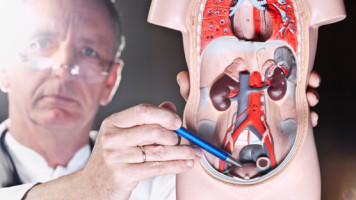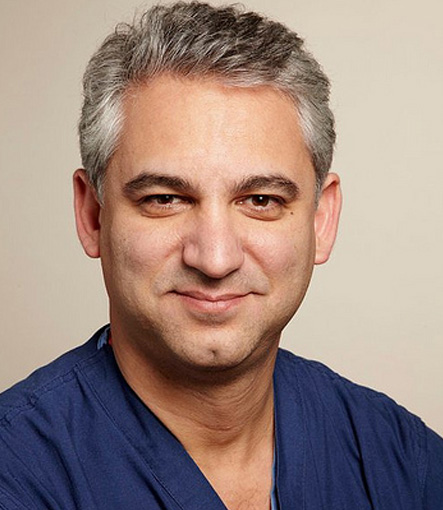Tips For Managing Your Prostate Health
If you’re a man, chances are you’ll experience prostate problems at some point in your life. Prostate problems begin for men as they age – sometimes as early as in their 30s. The gland becomes enlarged and begins to press against the bladder and urethra, restricting urine flow. The prostate is normally about the size of a walnut. But, in an older man, an enlarged gland can grow to the size of a lemon.
According to the American Cancer Society, one in every seven men is diagnosed with prostate cancer in his lifetime and it is the second leading cause of cancer death among men in the United States. Fortunately, there is a lot that you can do to maintain prostate health as you age—and stay ahead of the game.
Get Your Blood Tested
Although not diagnostic, a simple blood test called PSA (prostate specific antigen) can help detect prostate cancer years before symptoms develop. While it can be somewhat inaccurate, a baseline PSA test before the age of 50, then annually past that age, can be very helpful in detecting the disease long before it becomes a major problem.
Maintain a Balanced Diet
They’re probably not your favorite part of any meal, but green, leafy vegetables are a good first step towards maintaining prostate health. Research suggests that a clear link exists between the intake of cruciferous vegetables and prevention of prostate cancer. These vegetables are full of important vitamins and antioxidants that keep you — and specifically, your prostate — healthy. These can include such vegetables as spinach, kale and broccoli.
Get A Rectal Exam
A digital rectal exam (DRE) can provide you and your doctor valuable information about your prostate health. The rectal exam and PSA blood testing are the only ways to check for prostate cancer, and getting both tests is necessary for maximal disease detection.
Stay Active
Start exercising, as high levels of physical activity, such as swimming, cycling, or jogging, may improve the health of your prostate. Though a causal relationship between exercise to prostate health remains unconfirmed, the studies that have been conducted to date suggest that exercise is beneficial in keeping your prostate healthy.
Review Your Family History
Having immediate male family members (such as a father or brother) with prostate cancer significantly increase your risk of developing it yourself. In fact, the risk is more than doubled! It’s essential that you notify your doctor of any family history of prostate cancer so you can work together to build a comprehensive preventive program.
See Your Doctor Regularly
The American Cancer Society recommends getting screened for prostate cancer beginning at age 50 (or age 45 if you have any risk factors for prostate cancer). They also recommend that men should make an informed decision about prostate screening after having a detailed discussion with their primary care physicians.






